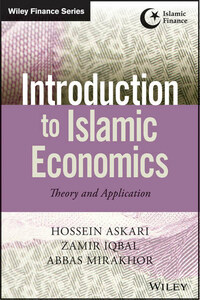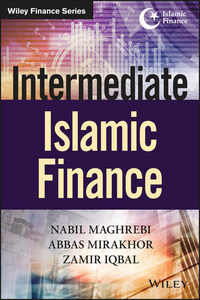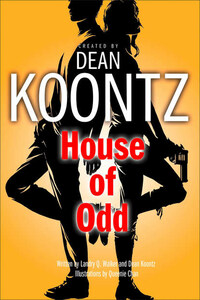The Wiley Finance series contains books written specifically for finance and investment professionals as well as sophisticated individual investors and their financial advisors. Book topics range from portfolio management to e-commerce, risk management, financial engineering, valuation and financial instrument analysis, as well as much more. For a list of available titles, visit our Web site at www.WileyFinance.com.
Founded in 1807, John Wiley & Sons is the oldest independent publishing company in the United States. With offices in North America, Europe, Australia, and Asia, Wiley is globally committed to developing and marketing print and electronic products and services for our customers’ professional and personal knowledge and understanding.
Cover image: © iStock.com/Tanuki Photography
Cover design: Wiley
Copyright © 2015 by John Wiley & Sons Singapore Pte. Ltd.
Published by John Wiley & Sons Singapore Pte. Ltd.
1 Fusionopolis Walk, #07-01, Solaris South Tower, Singapore 138628
All rights reserved.
No part of this publication may be reproduced, stored in a retrieval system, or transmitted in any form or by any means, electronic, mechanical, photocopying, recording, scanning, or otherwise, except as expressly permitted by law, without either the prior written permission of the Publisher, or authorization through payment of the appropriate photocopy fee to the Copyright Clearance Center. Requests for permission should be addressed to the Publisher, John Wiley & Sons Singapore Pte. Ltd., 1 Fusionopolis Walk, #07-01, Solaris South Tower, Singapore 138628, tel: 65–6643–8000, fax: 65–6643–8008, e-mail: [email protected].
Limit of Liability/Disclaimer of Warranty: While the publisher and author have used their best efforts in preparing this book, they make no representations or warranties with respect to the accuracy or completeness of the contents of this book and specifically disclaim any implied warranties of merchantability or fitness for a particular purpose. No warranty may be created or extended by sales representatives or written sales materials. The advice and strategies contained herein may not be suitable for your situation. You should consult with a professional where appropriate. Neither the publisher nor the author shall be liable for any damages arising herefrom.
Other Wiley Editorial Offices
John Wiley & Sons, 111 River Street, Hoboken, NJ 07030, USA
John Wiley & Sons, The Atrium, Southern Gate, Chichester, West Sussex, P019 8SQ, United Kingdom
John Wiley & Sons (Canada) Ltd., 5353 Dundas Street West, Suite 400, Toronto, Ontario, M9B 6HB, Canada
John Wiley & Sons Australia Ltd., 42 McDougall Street, Milton, Queensland 4064, Australia
Wiley-VCH, Boschstrasse 12, D-69469 Weinheim, Germany
ISBN 978-1-118-73296-0 (Hardcover)
ISBN 978-1-118-73297-7 (ePDF)
ISBN 978-1-118-73298-4 (ePub)
Hossein Askari is the Iran Professor of International Business and International Affairs at the George Washington University. Before coming to GW, he was a professor of Business and Middle Studies at the University of Texas at Austin and assistant professor of Economics at Tufts University. He has also served on the executive board of the International Monetary Fund and as consultant to a number of governments, institutions, and multinational corporations. He received all his university education at the Massachusetts Institute of Technology, where he earned a BS in civil engineering and a PhD in economics.

Zamir Iqbal is a lead specialist at Finance and Markets (F&M) Global Practice of the World Bank. He heads the World Bank Global Center for Islamic Finance Development in Istanbul. He has more than 20 years of experience in risk management, capital markets, and asset management at the World Bank Treasury. Islamic finance is his research focus, and he has coauthored several books on Islamic finance topics such as banking risk, financial stability, and risk sharing. His most recent coedited book, Economic Development and Islamic Finance, was published by the World Bank in 2013. He earned his PhD in international finance from the George Washington University and serves on the professional faculty at the Carey Business School of Johns Hopkins University.

Abbas Mirakhor is currently the first holder of the chair of Islamic Finance at the International Center for Education in Islamic Finance (INCEIF). He served as the dean of the executive board of the International Monetary Fund from 1997 to 2008 and as the executive director representing Afghanistan, Algeria, Ghana, Iran, Morocco, Pakistan, and Tunisia from 1990 to 2008. He has authored numerous publications and research papers on Islamic finance; among them are









